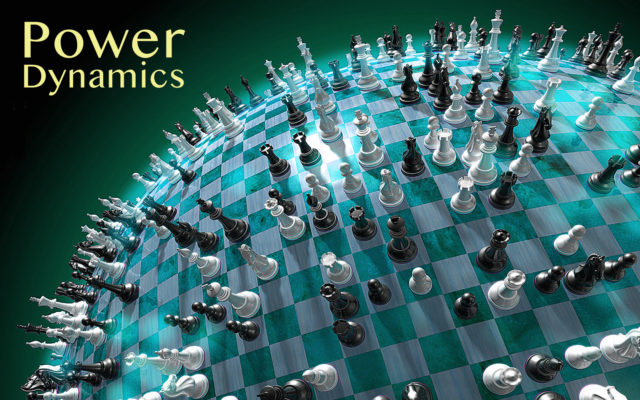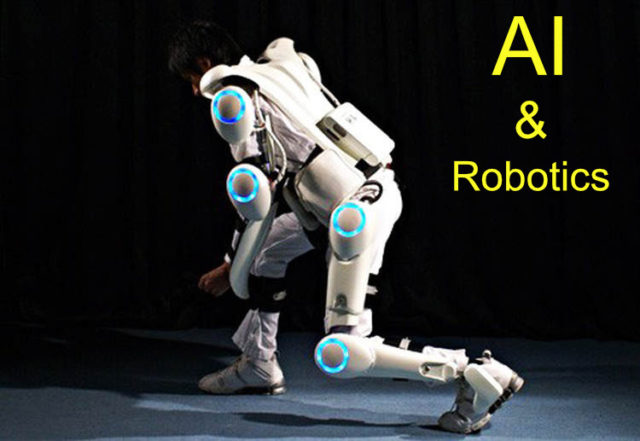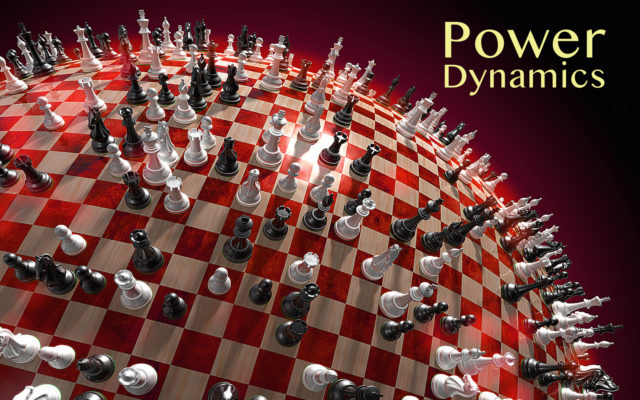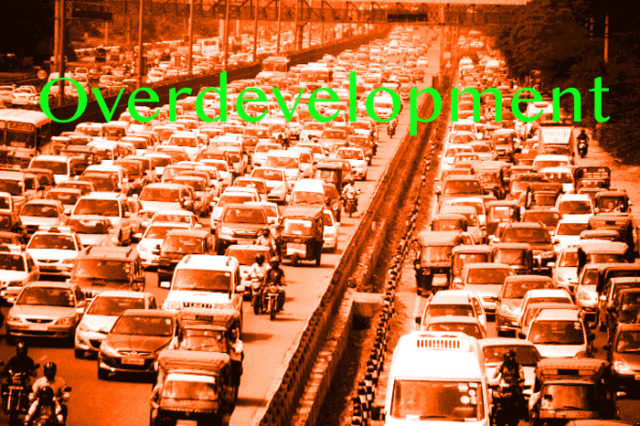Currently many services for both children and adults diagnosed with the Asperger’s Difference fall under the umbrella of learning disabilities. Indeed some professionals seem eager to broaden the definition of learning disabilities to encompass a whole host of individuals whose learning patterns may diverge somewhat from the norm. To confuse matters more the term is
⋯May 2004


Obsessive Delusional Heterodoxy Disorder (ODHD)
Most people have an aptitude for teamwork and instinctively know when constructive discussion and even new ideas are both welcome and socially advantageous. But some are not so fortunate. They live in a state of paranoid fear and dismiss conventional wisdom on most issues, often leading to obsessional interest in erudite subjects, sympathising with tyrants,
⋯All in the mind, hegemony, Linguistics

AS vs Autism Neuroimaging
Arch Gen Psychiatry. 2004 Mar;61(3):291-8. Investigation of neuroanatomical differences between autism and Asperger syndrome. Lotspeich LJ, Kwon H, Schumann CM, Fryer SL, Goodlin-Jones BL, Buonocore MH, Lammers CR, Amaral DG, Reiss AL. Department of Psychiatry and Behavioral Sciences, Stanford University School of Medicine, Stanford, California 94305, USA. Linda.Lotspeich@stanford.edu CONCLUSIONS: Lack of replication between previous autism
⋯mental health

Dear Blairite MP,
Dear Ms Rachel Squire, The record shows that you have consistently supported the government on matters of war. In my humble opinion, all recent military interventions have directly inflicted death and destruction and sown the seeds of more interethnic violence. I doubt you have time to investigate the complex history of foreign involvement in civil
⋯
Report from Cambodia and North Vietnam
We spent the first few days in Phnom Penh, the capital of Cambodia, speaking to government leaders…. Then we went to Svay Rieng where, after meeting with the provincial governor, we were taken to the border at Bave – this is the border with South Vietnam. It was interesting to see that in Bave there
⋯
Empiricism and Idealism
Our species has evolved a curious form of opportunistic altruism, in short the notion that we benefit by caring for one another, while each individual strives insofar as possible to enhance his or her own social status, personal security, wealth and power. Thus much political debate concerns the dichotomy between the common good and individual
⋯communism, environment

Technical Aspects of Fragmentation Bombs
In Vietnam the Americans are utilizing a new type of anti-personnel arm based on the following principle: a hollow metallic envelope into which are cast certain projectiles such as ball-bearing-like pellets, needles, etc., numbering into the hundreds. These explode on the ground or in the air to fire the projectiles in a sunburst pattern for
⋯
Technocracy and Science
Science Study of the physical world and its manifestations through empirical observation of natural phenomena and monitoring of systematic experimentation. Technology the study, development, and application of devices, machines, and techniques for manufacturing and productive processes Technocracy Power based on the control of technology in which scientists, engineers and technicians useful to the ruling class
⋯environment

The Population Factor
“The modern plague of overpopulation is solvable by means we have discovered and with resources we possess. What is lacking is not the sufficient knowledge of the solution, but the universal consciousness of the gravity of the problem for billions of people who are its victims.”Martin Luther King quoyte on population Key Concepts The single
⋯environment

Dear Tony
In all honesty, hand on heart, do you seriously believe the main motivations of the US administration behind the occupation of Iraq were to rid the world of weapons of mass destruction, overthrow a tyrant, combat terrorism or spread democracy? On these counts your mission has failed dismally. The world is still plagued by WMDs,
⋯
The United States in Vietnam 1944-66: Origins and Objectives of an Intervention
The United States in Vietnam 1944-66: Origins and Objectives of an Intervention The intervention of the United States in Vietnam is the most important single embodiment of the power and purposes of American foreign policy since the Second World War, and no other crisis reveals so much of the basic motivating forces and objectives –
⋯
Report from North Vietnam
I arrived in Hanoi on the evening of 30 December 1966. The following afternoon I inspected bomb damage in Hanoi. This was the result of raids on 2, 13 and 14 December 1966. We were informed that some 450 bombs had been dropped altogether in the course of these attacks. The 2 December raid hit
⋯
Inaugural Statement
Our Tribunal was formed, on the initiative of Lord Bertrand Russell, to decide whether the accusations of ‘war crimes’ levelled against the government of the United States as well as against those of South Korea, New Zealand and Australia, during the conflict in Vietnam, are justified. During this inaugural session, the origin, function, aims and
⋯
By persuasion if we can, but by coercion if we must!
The liberal media’s reaction to reports of widespread abuse and torture of Iraqi detainees by US and UK military personnal marks a psychological turning point in the current phase in the sole superpower’s war for total global domination. Recent interventions have been justified in one way or another by our moral superiority, our more advanced,
⋯
Speech to the First Meeting of Members of the War Crimes Tribunal, London, 13 November 1966
Allow me to express my appreciation to you for your willingness to participate in this Tribunal. It has been convened so that we may investigate and assess the character of the United States’ war in Vietnam. The Tribunal has no clear historical precedent. The Nuremberg Tribunal, although concerned with designated war crimes, was possible because
⋯
Foreword to the 1967 International War Crimes Tribunal
“We are not judges. We are witnesses. Our task is to make mankind bear witness to these terrible crimes and to unite humanity on the side of justice in Vietnam.” With these words, Bertrand Russell opened the second session of the International War Crimes Tribunal, in November 1967. The American people were given no opportunity,
⋯
Aims of the Tribunal agreed at the Constituting Session, London, 15 November 1966
We constitute ourselves a Tribunal which, even if it has not the power to impose sanctions, will have to answer, amongst others, the following questions: Has the United States Government (and the Governments of Australia, New Zealand and South Korea) committed acts of aggression according to international law? {59} Has the American army made use
⋯
Outline of the General Introductory Report
After a brief introduction recalling the origins, the composition, the competence and the procedures of the Tribunal, the report contains two parts: Part 1: The rules of law which apply Crimes against the peace and wars of aggression War crimes Crimes against humanity Genocide Part 2. The crimes charged General comment The enunciation of the
⋯
False alarms over BNP distract us from main threat
As mainstream politicians justify acts of mass murder in the name of bogus democracy and US control of the world’s oil supplies, Joan McAlpine (“Be wary when fascists try to hide behind racist poison” Herald 29/04/04) asks us to focus our attention on a relatively small group of isolationist anti-immigration rightwingers. We already have clear
⋯
After Pinkville
On 15 October 1965, an estimated 70,000 people took part in large-scale anti-war demonstrations. The demonstrators heard pleas for an end to the bombing of North Vietnam and for a serious commitment to negotiations, in response to the negotiation offers from North Vietnam and UN efforts to settle the war. To be more precise, this
⋯